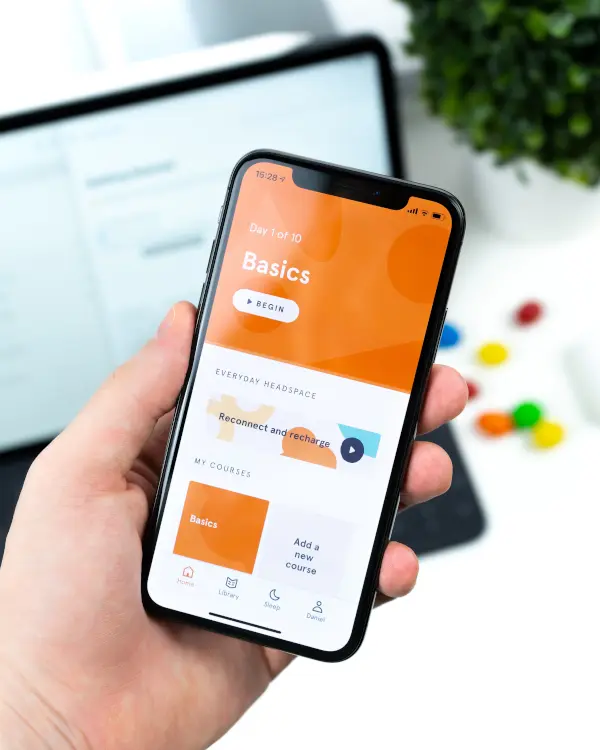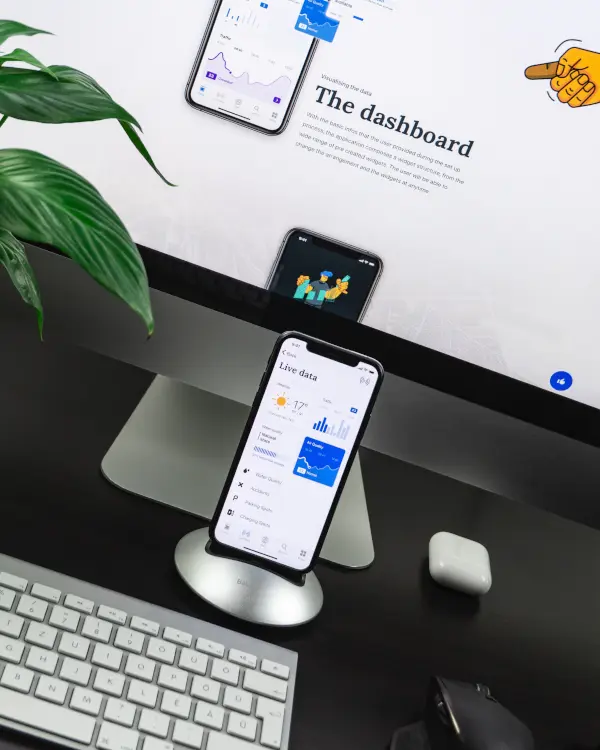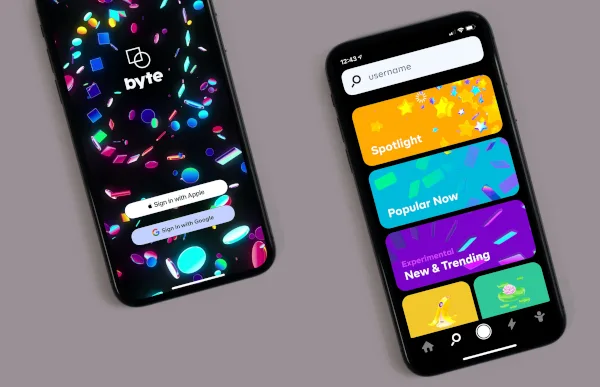Are you considering developing a mobile application? In today’s world, mobile applications have become a necessity for businesses and individuals alike. Mobile application development is the process of creating software applications that run on mobile devices, such as smartphones and tablets.
With the increasing demand for mobile apps, the mobile app development industry has become one of the fastest-growing and lucrative markets in the world. In this article, we will explore the basics of mobile application development, including the programming languages used, the types of mobile apps, and the phases involved in development. We will also discuss the essential things to consider when developing a mobile app. Whether you’re a developer or an entrepreneur looking to build your app, this article will provide valuable insights into the world of mobile application development.
- What is Mobile Application Development?
- Which Programming Languages are Used for Mobile App Development?
- How Do I Start Mobile App Development?
- What are the Three Types of Mobile Applications?
- What are the Five Phases in Mobile Application Development?
- What are the Three Most Important Things to Consider When Developing a Mobile App?
- Conclusion
What is Mobile Application Development?
Mobile application development is the process of creating software applications that run on mobile devices, such as smartphones and tablets. It involves designing and building mobile apps for specific platforms, such as Android and iOS, or for web browsers. In the most basic of terms, mobile app development requires both hardware and software.
Hardware Requirements:
- A computer or laptop
- Smartphone(s) or tablet(s) for testing (iOS and Android based operating systems)
Software Requirements:
- Integrated Development Environment (IDE)
- Software Development Kit (SDK)
- Application Programming Interface (API)
Whilst these are not large barriers, it does indicate that there is a lot to consider when someone is new to building mobile applications. The ability to test your application on numerous devices is critical to understanding how users are going to experience your application. If you are just building the application for one operating system, this can be easier, but you need to account for different versions of the software available for the supported hardware. There could even be discrepancies amongst similar generations of tablets or smartphones. When examining who you should partner with to develop your next mobile application, ensure they have considered the customer and how their experience will be optimized.

Which Programming Languages are Used for Mobile App Development?
Shockingly, most mobile applications are developed within a handful of programming languages. Some of the programming languages that are most commonly used in mobile app development include:
- Java: Java is the most popular programming language used for Android app development.
- C#: (pronounced C sharp) is an object-oriented programming language. It’s a popular programming language for game development and command line scripting for Android operating systems.
- Swift: Swift is the programming language used for iOS app development and has taken over for Objective-C.
- React Native: React Native is a framework for building cross-platform mobile apps.
- Kotlin: Kotlin is an open-source programming language used for Android app development.
- Objective-C: an object oriented programming language that uses syntax from C and the object oriented aspects of SmallTalk.
- Python: Python is commonly used for data analytics, data visualization, websites, task automation, and other types of software.
By no means are we suggesting that this is a complete list! This is just the tip of the programming language iceberg. But, it is fair to say that the above languages are responsible for most of the mobile apps we can find in our preferred App stores.
How Do I Start Mobile App Development?
We are so glad you asked! The most important things to define when getting started with your mobile app development process are as follows:
- Define your app idea and target audience.
- Conduct market research to understand the demand for your app and competitors.
- Create wireframes and prototypes to visualize your app’s design and functionality.
- Choose the programming language and/or platform(s) for your app.
- Develop the app’s user interface (UI) and user experience (UX).
Again, we must stress, this is just a general list. Depending on the answers, there could be more time invested in the understanding of the main pain points of the desired audience, interviews with those affected, ongoing design revisions, and more!

What are the Three Types of Mobile Applications?
In general, mobile apps can be divided into three main categories:
- Native Apps: Native apps are built for specific platforms, such as Android or iOS, and are installed directly on the device. These apps have access to the device’s hardware and software features, resulting in better performance and user experience.
- Hybrid Apps: Hybrid apps are a combination of native and web apps. They are built using web technologies such as HTML, CSS, and JavaScript, but run inside a container that allows access to device features.
- Web Apps: Web apps are mobile-optimized websites that run in a mobile browser. They are built using web technologies such as HTML, CSS, and JavaScript and do not need to be installed on the device.
What are the Five Phases in Mobile Application Development?
Mobile app development can be divided into five main phases:
- Planning: In this phase, the app idea is defined, and market research is conducted to determine demand and competitors.
- Design: In this phase, the app’s UI and UX are developed, including wireframes and prototypes.
- Development: In this phase, the app’s features and functionality are developed using the chosen programming language and platform.
- Testing: In this phase, the app is tested for functionality, usability, and security to ensure it meets the user’s needs.
- Deployment: In this phase, the app is submitted to the app stores for approval and distribution.

What are the Three Most Important Things to Consider When Developing a Mobile App?
When developing a mobile app, it is crucial to consider the following three things:
- User Experience (UX): The app’s UX refers to how the app looks, feels, and operates, and it is essential for creating a positive user experience. Consider the app’s navigation, layout, and functionality to ensure it is intuitive and easy to use.
- Performance: Performance is crucial for a mobile app. Slow loading times or crashes can turn users off and result in negative reviews. Optimize the app’s code, reduce the app’s size, and test it on various devices to ensure it performs well.
- Security: Security is a critical consideration for any mobile app. Ensure that user data is protected, and the app is not vulnerable to hacking or other security threats. Use secure data storage methods and incorporate security features such as encryption and two-factor authentication.
Conclusion
In conclusion, mobile application development is an essential skill in today’s tech-driven world. With the increasing demand for mobile apps, developers must understand the basics of mobile app development, including hardware and software requirements, programming languages, types of mobile apps, phases of development, and crucial considerations when creating a mobile app. By following these guidelines, developers can create high-performing, secure, and user-friendly mobile apps that meet the needs of their target audience.
